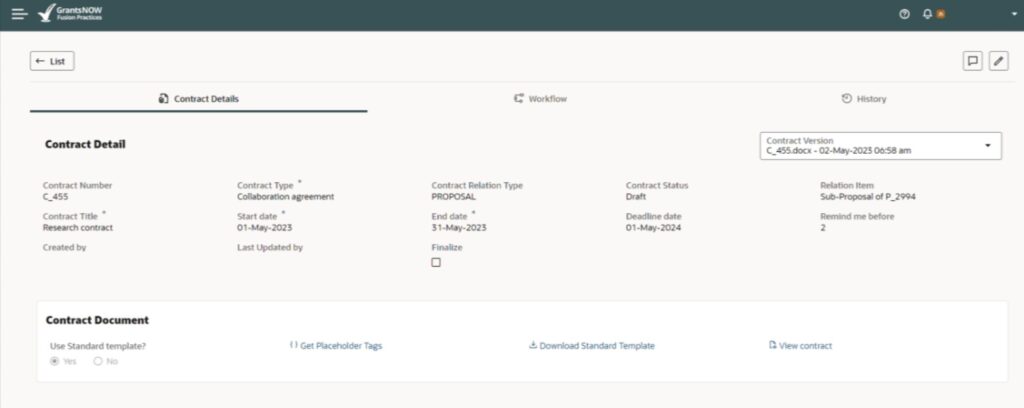Challenges faced in managing Contracts for Research Funding Awards
Academic Researchers face challenges navigating the legal and contractual obligations associated with research award contracts, including complying with terms with sponsors, regulatory requirements, morality responsibilities, conflict of interest, IP & confidentiality provisions, and reporting requirements. They can be further described as below:
- Complex Documentation: Managing contracts for research funding awards involves dealing with intricate documentation, often filled with legal and technical jargon. Translating these complex terms into clear and concise language that resonates with various stakeholders is a challenge in itself.
- Compliance and Regulations: Research funding contracts need to adhere to a wide array of compliance and regulatory requirements. Ensuring that the contracts align with legal, financial, and ethical guidelines, as well as institutional policies, can be a complex task, requiring careful attention to detail and thorough understanding of the specific regulations involved.
- Negotiation and Collaboration: Contracts for research funding often involve multiple parties, including researchers, funding agencies, and institutional representatives. Balancing the interests, expectations, and requirements of these diverse stakeholders while negotiating and finalizing the terms of the contract can pose challenges. Effective communication, diplomacy, and collaborative problem-solving are essential in navigating these negotiations.

- Budgetary Considerations: Managing contracts for research funding requires careful budgeting and financial planning. Ensuring that the allocated funds are used appropriately and in accordance with the contract terms, while also addressing unforeseen expenses or changes in the research project, can be a constant challenge. This necessitates diligent financial tracking, reporting, and the ability to adapt to evolving circumstances.
- Time Management: Research projects often have strict timelines and milestones that need to be met. Managing contracts within these time constraints, tracking deliverables, and ensuring timely reporting can be demanding. Efficient project management techniques, coordination with researchers, and effective communication channels are crucial to meet deadlines and maintain project momentum.
- Risk Assessment and Mitigation: Contracts for research funding entail inherent risks that need to be identified, assessed, and mitigated effectively. These risks can range from project delays and budget overruns to unforeseen changes in research scope or data privacy concerns. A comprehensive risk management strategy, including regular monitoring and contingency planning, is necessary to minimize the impact of potential risks.
- Intellectual Property Rights: Research projects often generate valuable intellectual property (IP) that needs to be protected and managed appropriately. Contracts for research funding must address IP ownership, rights, and commercialization strategies. Balancing the interests of all parties involved while safeguarding the value of the intellectual property can present challenges, requiring clear contractual provisions and effective IP management strategies.



